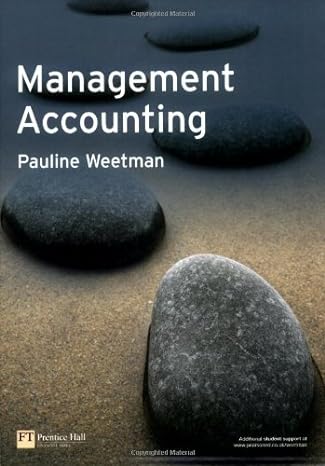This extract describes changes in the UK company Bunzl, which announced at the start of 2005 that
Question:
This extract describes changes in the UK company Bunzl, which announced at the start of 2005 that it would sell Filtrona, a business making cigarette filters, and concentrate on its outsourcing business.
The group generated almost £3bn in sales and
£200m in pre-tax profits in 2004. Earnings per share increase year on year and its shares have risen three fold in the past 10 years. But getting there involved flexing some muscle and when he took up the reins Mr Habgood had to separate the wheat from the chaff. The only two businesses consistently growing were Filtrona and outsourcing. He set about simplifying the group’s structure by selling the businesses with weaker returns and poor positions. The companies earmarked for disposal represented more than half of group sales and the proceeds were reinvested in the superior businesses . . . Mr Habgood said ‘We have sold 60% of the businesses and more than quintupled the size of the remaining group.’ Konrad Zomer, analyst at Chevreux, said ‘Habgood has done a great job in moving away from capital intensive areas. The sale of the plastics business marked an important step in that respect.’ The outsourcing business is now purely value-added –
finished goods are bought from suppliers and sold on to customers. For example, Bunzl supplies supermarkets and caterers with disposable goods. This process does not require much capital.
Discussion points
1 What strategy was used by Mr Habgood in selecting divisions for development?
2 Compare the relative merits of Return on Investment and Residual Income as suitable measures of performance for deciding on which divisions to develop in this case.
Step by Step Answer:






